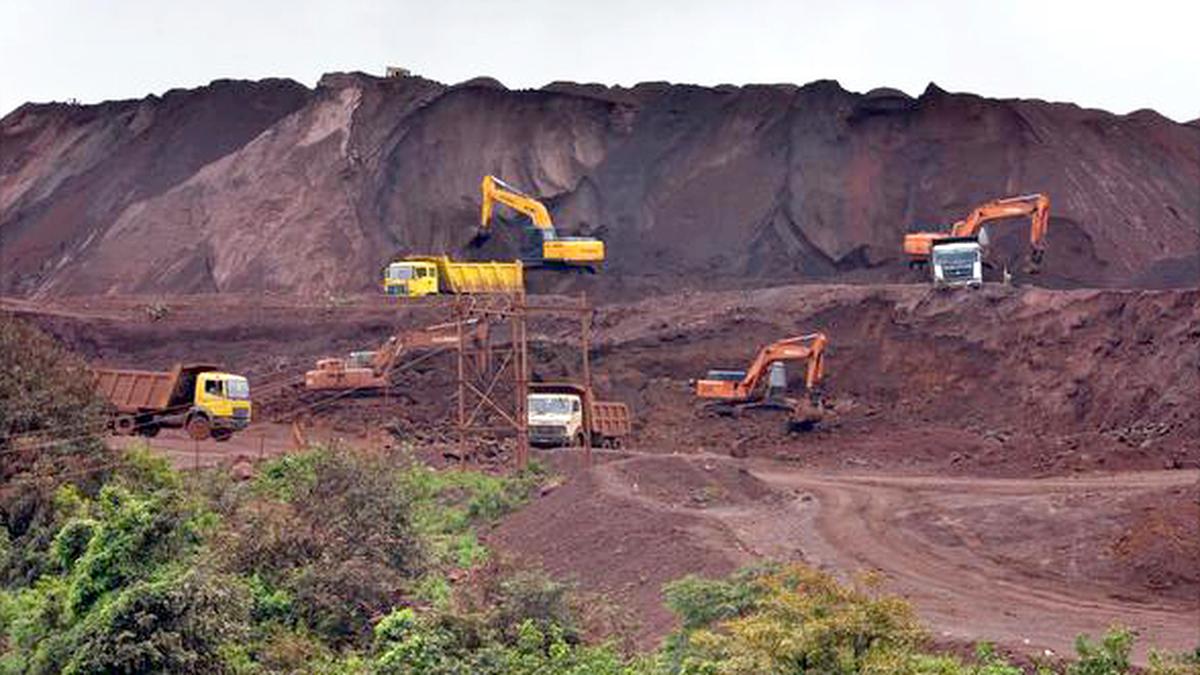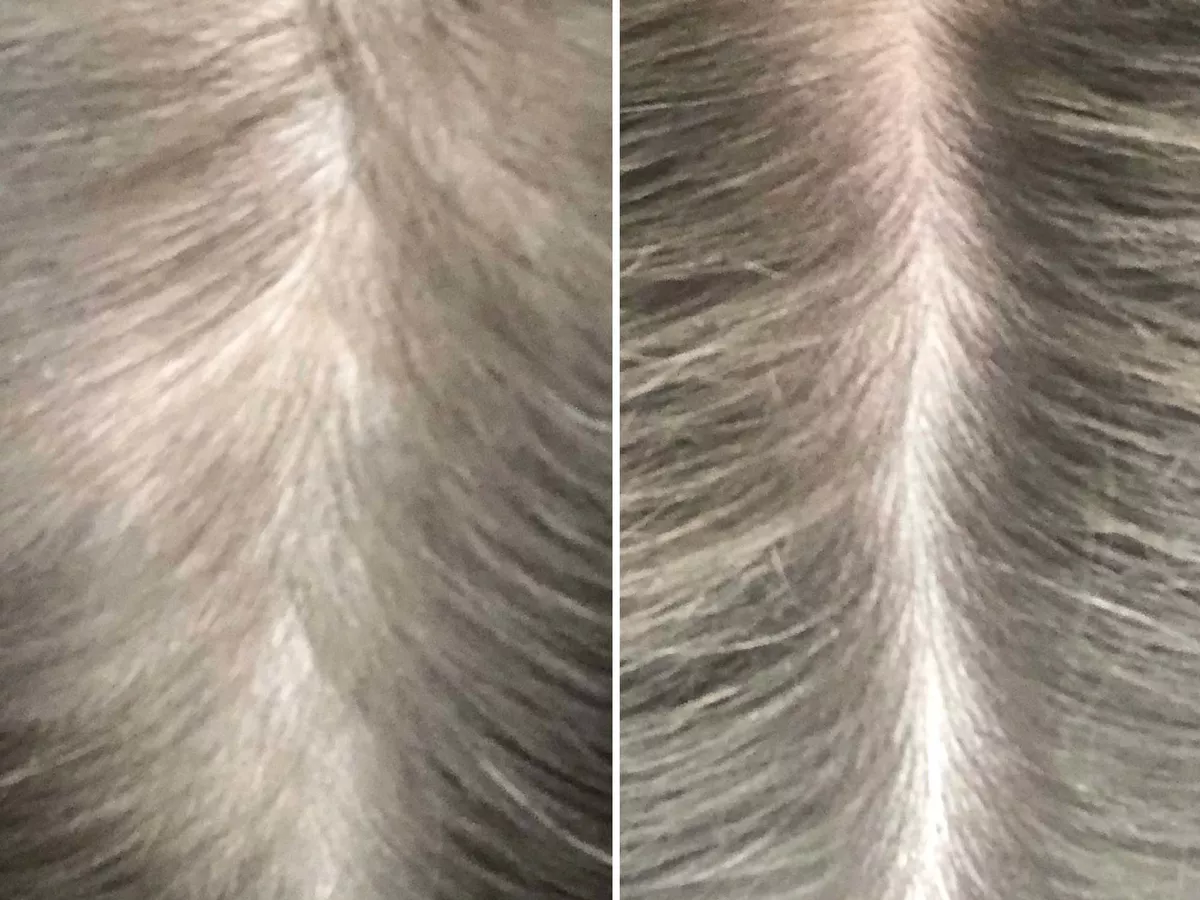Newly proposed 30% export duty will further hurt Karnataka’s iron ore, steel sectors: FIMI
By Mini Tejaswi
Copyright thehindu

The Union government’s proposal to introduce 30% export duty on low-grade iron ore, up from 0% currently, effective from October, will only worsen the situation for both the mining and steel sectors in Karnataka, said the industry apex body, Federation of Indian Mineral Industries (FIMI) on Monday.
“The proposed 30% export duty on low-grade iron ore will worsen the situation, threatening both mining and steel production in Karnataka,” S.S Hiremath, director FIMI (South), told The Hindu.
The Centre’s recent proposal to impose a 30% export duty on low-grade iron ore, which has less iron content typically below 58% iron, coupled with Karnataka’s outdated Maximum Permissible Annual Production (MPAP) cap, would stall the growth of mining industry by eroding revenues, and subsequently jeopardising livelihoods across mineral-rich States, he cautioned.
He further said that Karnataka continued to remain the only mineral-rich State burdened with the MPAP cap, even though the regulatory environment has completely transformed over the last decade.
On duty, he said iron ore exports have always attracted a 30%, however, low-grade iron ore exports have been under zero duty, until the government proposed a 30% export duty recently. Interestingly, in May 2022, the government had imposed an export duty of 50% on low-grade iron ore, which was later withdrawn. In 2011, a 15% export duty was imposed on the commodity and that was withdrawn and made it to zero in 2016, after the industry protested it. The new proposal is expected to come into effect in October.
If the Union government goes with the proposal then States are looking at a loss of over ₹16,000 crore with large swathes of the mining industry being rendered economically unviable and leading to widespread impact on livelihoods of almost half a million dependants, said Mr. Hiremath.
“If India is to achieve its ambitious economic and infrastructure goals, it is imperative that MPAP be removed entirely and that counterproductive export duties be reconsidered to unlock Karnataka’s true potential as a key driver of the country’s mineral and industrial growth,” he added.
“This discriminatory MPAP restriction has stunted the growth of the State’s iron ore sector, causing annual revenue losses of over ₹6,500 crore, leaving more than 220 million tonnes of resources untapped, and limiting job opportunities for the local population,” Mr. Hiremath added.
MPAP is a unique, mine-wise production cap imposed exclusively on iron ore mines by the Supreme Court in 2013, for all iron ore mines of Karnataka due to gaps in the regulatory and monitoring mechanism that existed more than a decade ago. But, MPAP was not meant to be a permanent constraint. It was a corrective measure to address specific issues prevalent at an earlier time, argued the industry body. No other state in India has been subjected to such a production cap, making Karnataka the only mineral-rich state operating under this unique limitation.
The special constraint for restricting mineral production in Karnataka has been applied even on auctioned mines. Despite the environmental clearances (EC) to produce up to 77 million tonnes (MT) annually, iron ore mines of Karnataka have been limited to producing only up to 62% of the sanctioned quantity, said FEMI.



